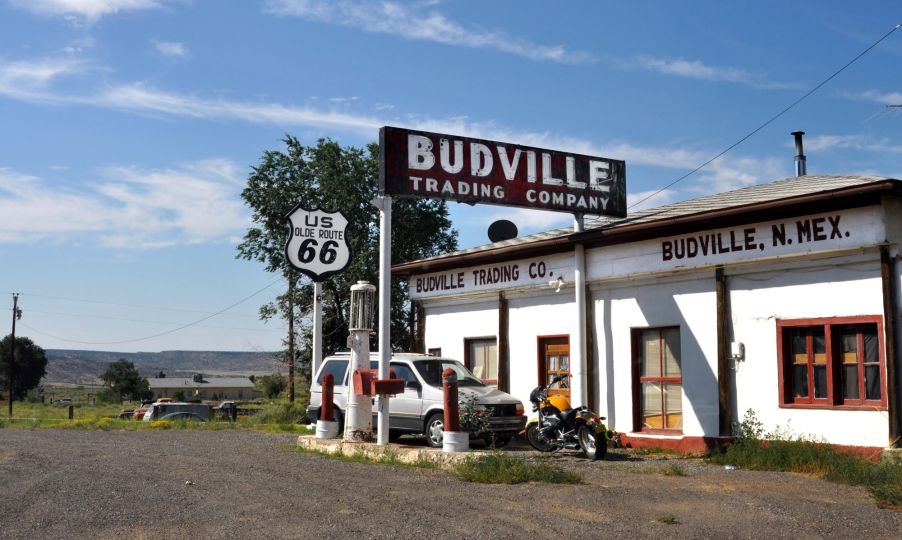
New Mexico Supreme Court Says Gas Stations That Sell Fuel to Intoxicated Drivers Are Liable for Drunk Driving Accidents
The coronavirus (COVID-19) pandemic saw a surge of reckless drivers, making 2020 one of the deadliest years in terms of road safety. Drivers took advantage of open roads to go above the speed limit, and more alcohol and drug abuse occurred on the road. In a nation where accidents are a leading cause of death, car safety is more important than ever.
The New Mexico Supreme Court recently recognized this as being the case. Their new ruling sets a precedent for businesses to have increased accountability and liability for drunk drivers. It may even have far-reaching effects on other businesses and possibly even other states.
Drunk driving accident statistics

Along with being illegal, drunk driving is a provably dangerous task, as statistics show. According to the CDC, in 2016, “10,497 people died in alcohol-impaired driving crashes, accounting for 28% of all traffic-related deaths in the United States.” This death count also includes the deaths of children. Of 1,233 total traffic deaths among children, a sizable 17% involved a drunk driver.
The New Mexico Supreme Court ruling on drunk driving
On July 19th, 2021, the New Mexico Supreme Court ruled that gas stations were liable for drunk driving accidents. This came out of a 2011 case involving Andy Denny, according to NMO Opinion. He drove his car until it ran out of gas while under the influence, then went to a gas station to refill it. While the clerk refused at first, she eventually gave him the gasoline. After driving for a few miles and returning to a highway, his car crossed the centerline, killing a driver in the process.
The accident alerted the police, who gave him a breathalyzer test and found that he had a blood alcohol concentration of 0.176. This is well above the legal limit for being intoxicated. Denny was arrested for vehicular homicide, driving under the influence, and driving left of the centerline.
This 2011 case led to the current question of whether gas stations must pay a fine and be liable if they sell gas to a known drunk driver. Retired Justice Barbara Vigil dissented in this case, saying it would be difficult if not impossible to train employees to investigate intoxicated people and the claims they make. Nevertheless, the court ruled in favor of the fine.
What does this means for drivers and gas stations?
Drunk drivers are relatively unaffected by this case– they will still be held responsible for their crimes. However, the new fine in place means that gas stations will have to pay and be liable for any injuries caused by the accident. As Justice Vigil said, this will be difficult to regulate, as there are no standards for what extent employees are required to investigate. Individual gas stations may have to decide this for themselves to avoid the fine.
According to Business Insider, the ruling “raises the implication that not only gasoline merchants but other types of businesses — from auto parts stores and tire shops to mechanics — could be on the hook for ensuring they don’t sell products to people who then drive drunk.” This level of accountability would necessarily require a chain reaction of company policy changes in a frenzy to avoid liability. Currently, it’s unclear what companies will do to resolve this issue.
This ruling also has the potential to bleed into other states. The ruling already cited similar rules established by Tennessee courts, meaning this is now a multi-state affair. While there’s no news yet on other states implementing this rule, it is certainly a possibility.


